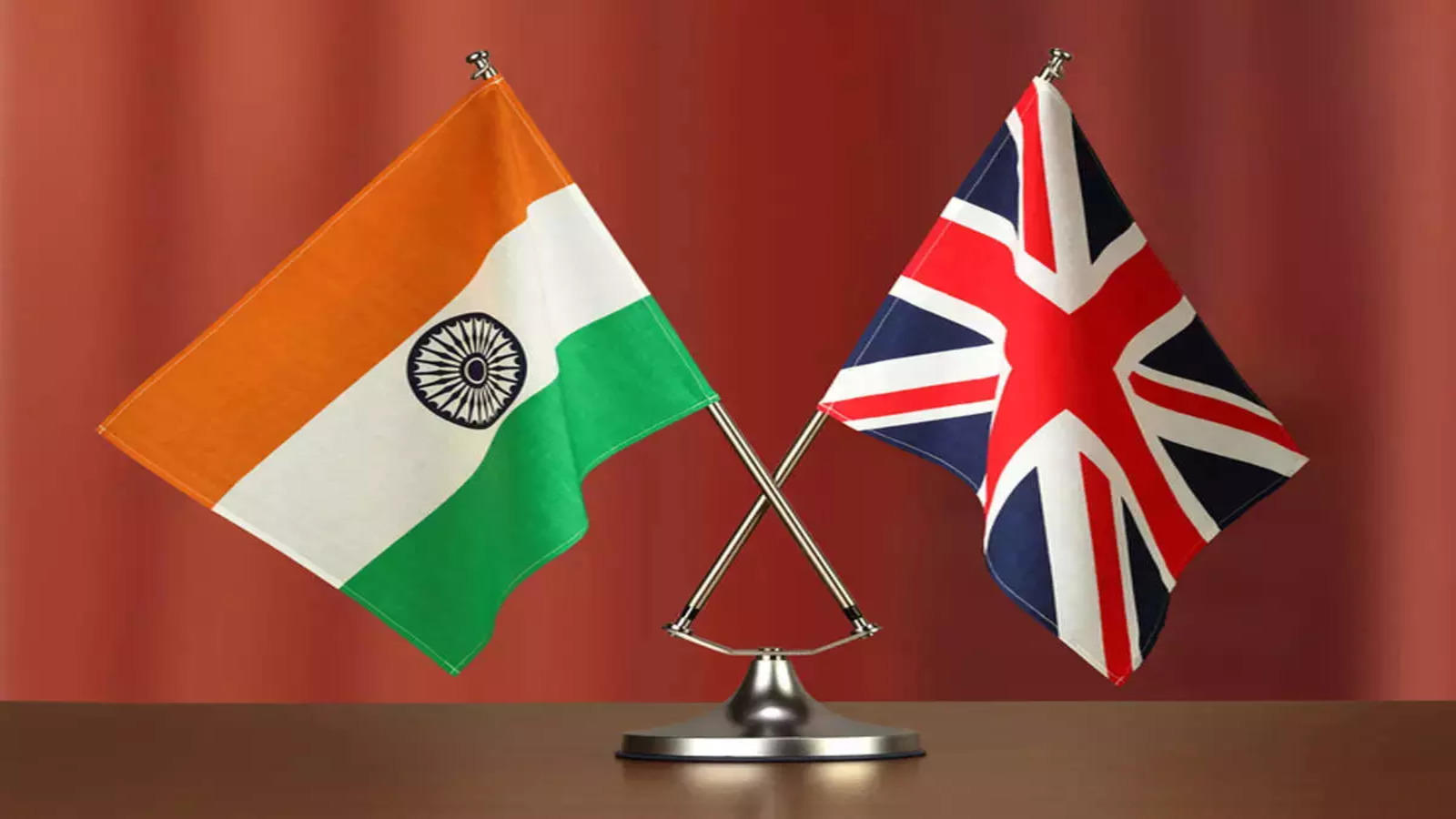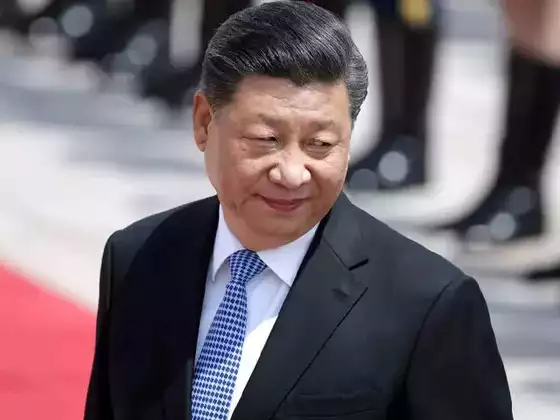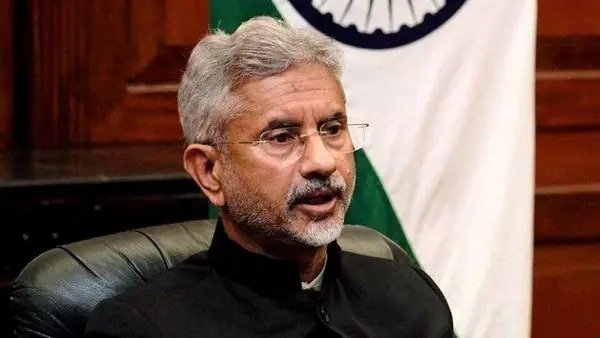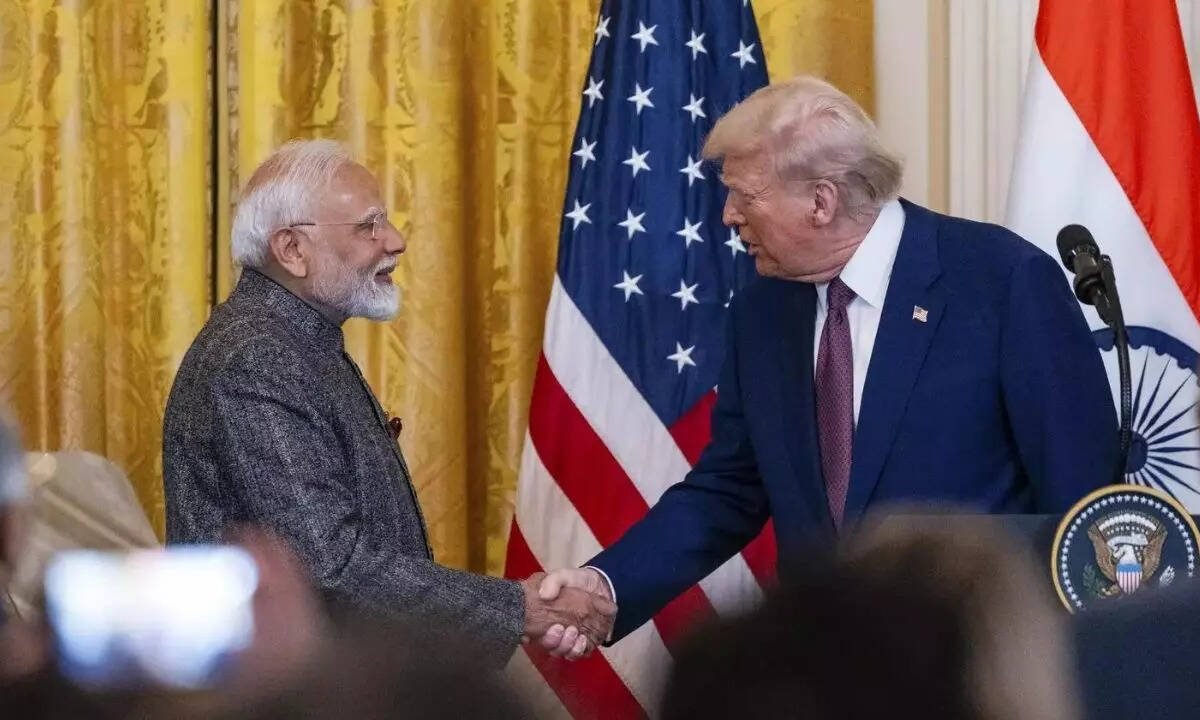Experts hope the Starmer government will increase scholarships and fellowships for international students, rather than imposing further restrictions
-
Enhanced scholarship schemes and financial aid options could attract a more diverse range of students, making the UK an even more appealing destination for higher education
Following Keir Starmer’s election as the new Prime Minister of the United Kingdom on July 5, there is renewed hope among Indian students and stakeholders for more immigrant-friendly policies. Previously, the former Prime Minister, Rishi Sunak, had aimed to cancel the graduate visa route, which allows international students to work or seek employment for two years post-graduation. This proposal was intended to control immigration numbers but faced significant opposition. A report by the Migration Advisory Committee (MAC) recommended maintaining the current graduate visa route, warning that its removal could financially harm UK universities, leading to job losses, course closures, and even the shutdown of some institutions.
Indian students are particularly hopeful that the new Starmer-led government will support policies beneficial to international students. Recent restrictions, such as limiting the ability of postgraduate research students to bring dependents, have been detrimental. Delhi-based Khushi Jain, who plans to pursue higher education in the UK, expressed concerns over the previous government’s proposals, which included increased financial maintenance requirements and changes to English language assessments. Jain hopes the new leadership will be more considerate of international students’ needs.
Experts and UK universities share this optimism, expecting the Labour government to uphold its historical support for flexible immigration policies. Saurabh Arora, Founder and CEO of Career Mosaic, highlighted the importance of such policies in enhancing study and work opportunities. Professor Manuel Barcia, Dean of Global Engagement at the University of Leeds, echoed these sentiments, noting that the new Education Secretary, Bridget Phillipson, has already indicated a commitment to working closely with universities.
-
The Labour Party’s manifesto includes commitments to secure the future of UK higher education by collaborating with universities, ensuring they deliver for both students and the economy
-
This includes longer-term funding for research and development, fostering more stable industry partnerships
The recent surge in dependent visas, from 66,000 in 2022 to 144,000 in 2023, has been a point of contention. Experts like Manisha Zaveri, Joint Managing Director of Career Mosaic, advocate for revising the dependent visa policy to restore confidence among Indian students. Zaveri also emphasized the need for a more streamlined visa process and enhanced post-study work opportunities.
Financial considerations are also crucial. International students often pay significantly higher fees than domestic students. For instance, in the 2021-22 academic year, international students at top UK universities paid between £21,490 and £24,040 in annual fees, compared to the £9,250 fee for domestic students. Despite this, universities rely heavily on the income from international students. Professor Barcia argued that a UK degree offers excellent ROI for Indian students, with transferable skills applicable to various sectors.
**********************************************************
Readers
These are extraordinary times. All of us have to rely on high-impact, trustworthy journalism. And this is especially true of the Indian Diaspora. Members of the Indian community overseas cannot be fed with inaccurate news.
Pravasi Samwad is a venture that has no shareholders. It is the result of an impassioned initiative of a handful of Indian journalists spread around the world. We have taken a small step forward with the pledge to provide news with accuracy, free from political and commercial influence. Our aim is to keep you, our readers, informed about developments at ‘home’ and across the world that affect you.
Please help us to keep our journalism independent and free.
In these difficult times, running a news website requires finances. While every contribution, big or small, will make a difference, we request our readers to put us in touch with advertisers worldwide. It will be a great help.
For more information: pravasisamwad00@gmail.com








